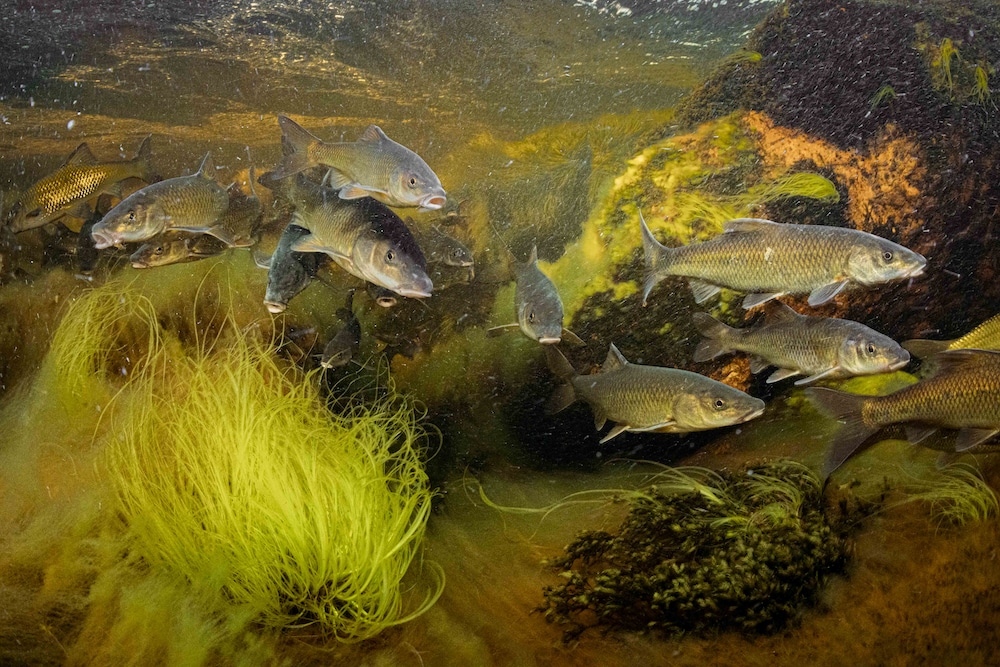


Migrating Freshwater Fish Populations Have Declined 81% Since 1970, Report Finds
Ahead of World Fish Migration Day on May 25, a new Living Planet Index report has revealed major declines in migratory freshwater fish since 1970. According to the findings, migrating freshwater fish populations have declined 81% from 1970 to 2020. The Living Planet Index Migratory Freshwater Fishes report focused on data for migrating freshwater fish, […]
The post Migrating Freshwater Fish Populations Have Declined 81% Since 1970, Report Finds appeared first on EcoWatch.

UNDP urges environmental protection as $33 million climate project launched
This post was originally published on UNDPUNDP urges environmental protection as $33 million climate project launched admin Wed, 05/22/2024 – 12:09 The deputy head of UN development Agency has called for a joint efforts between the government and partners to...
Sicily: the railway line that quenches the thirst of Catania’s Plain
This post was originally published on We Build ValueL’articolo Sicily: the railway line that quenches the thirst of Catania’s Plain proviene da We Build...
Here’s how to share your circularity story with consumers
By offering circular models to consumers, brands can become heroes and help people view themselves as eco-friendly.
